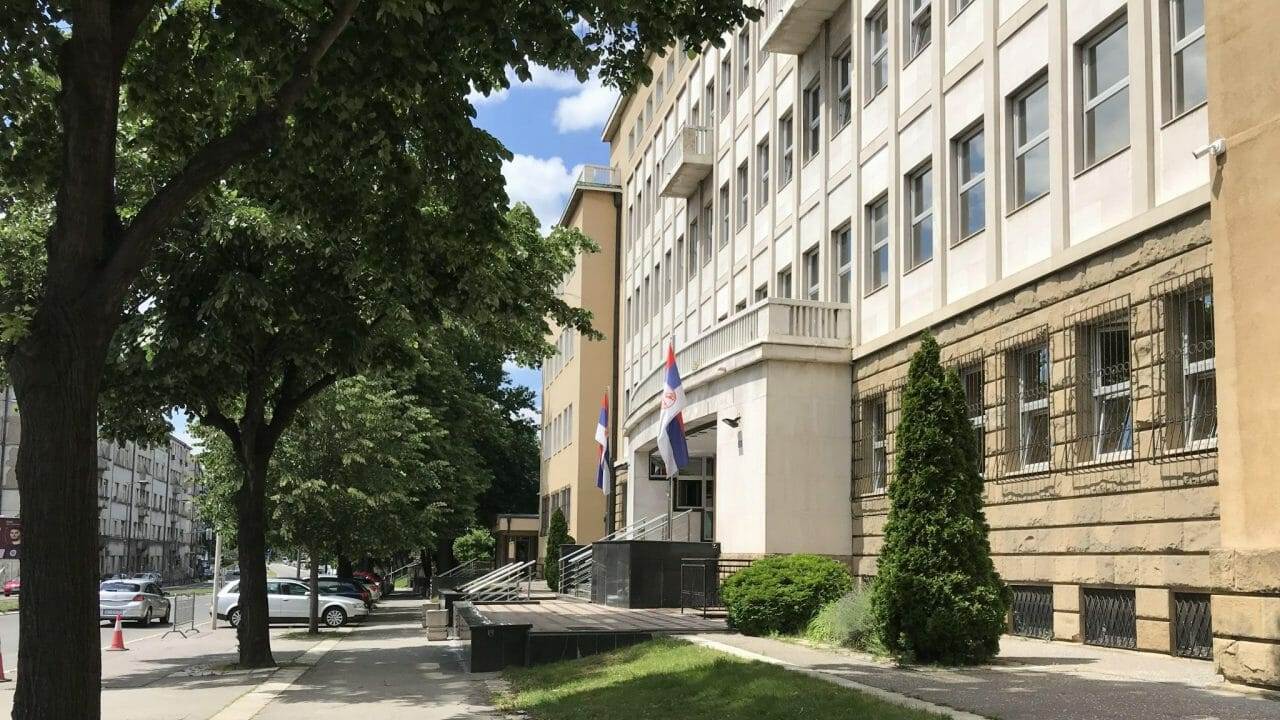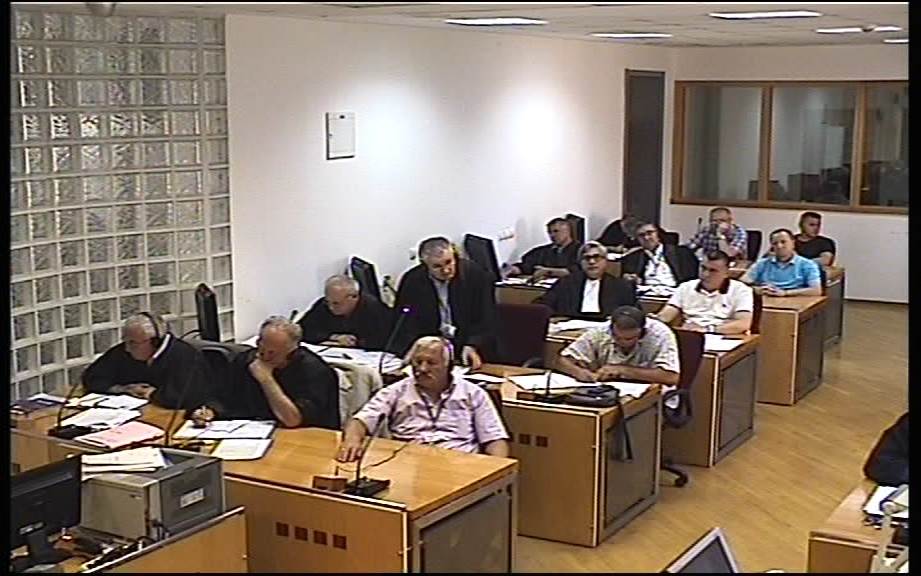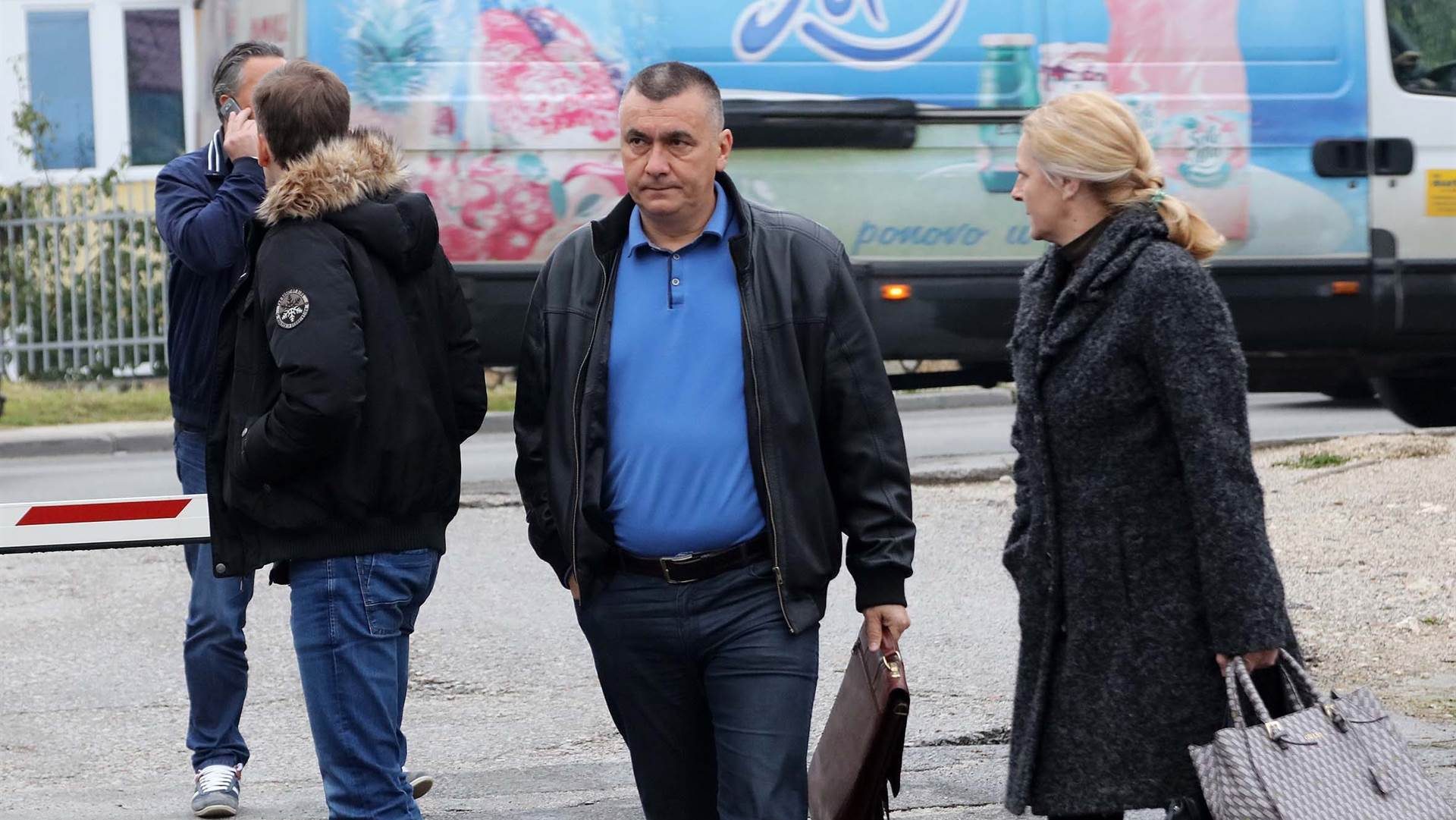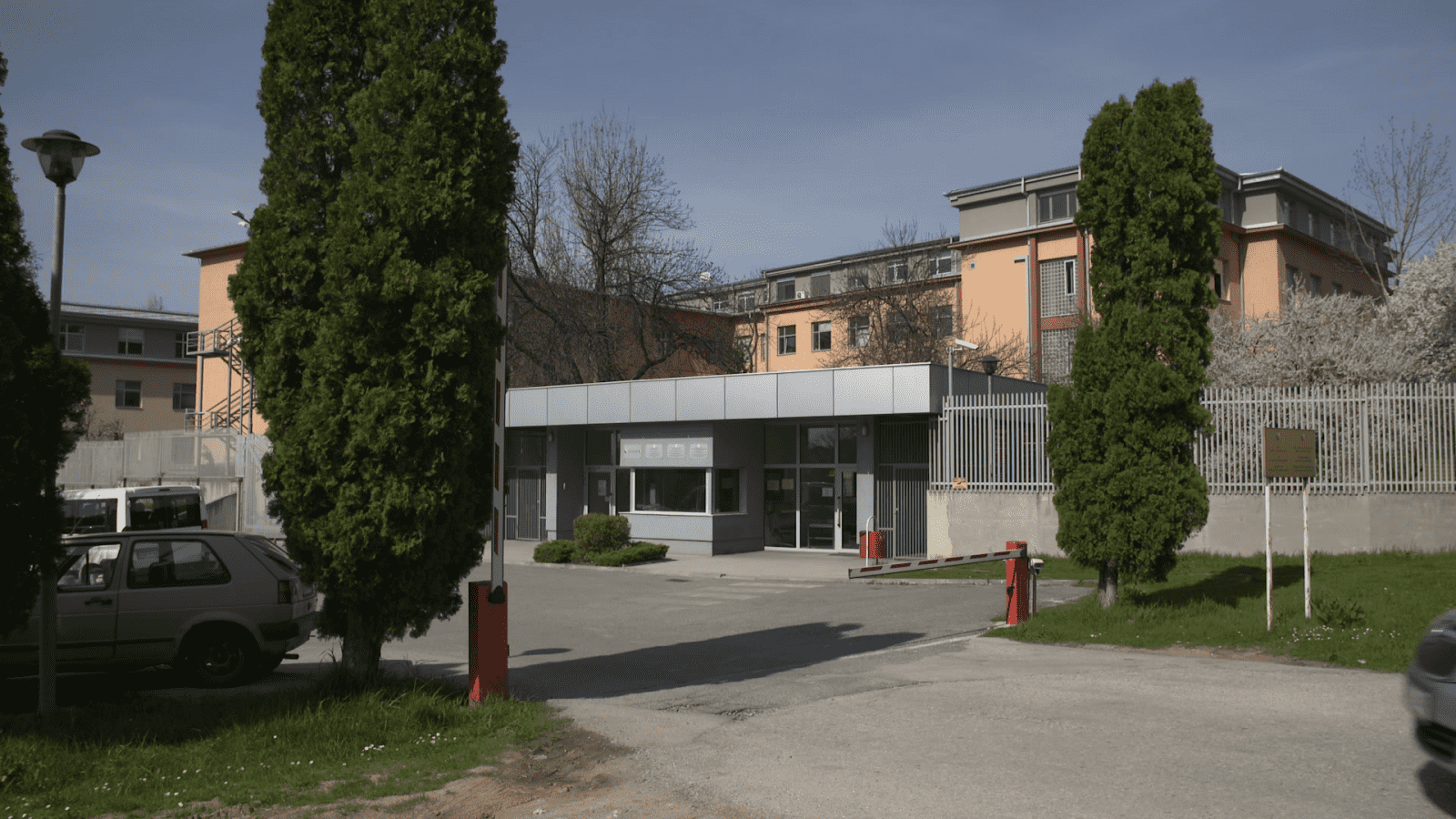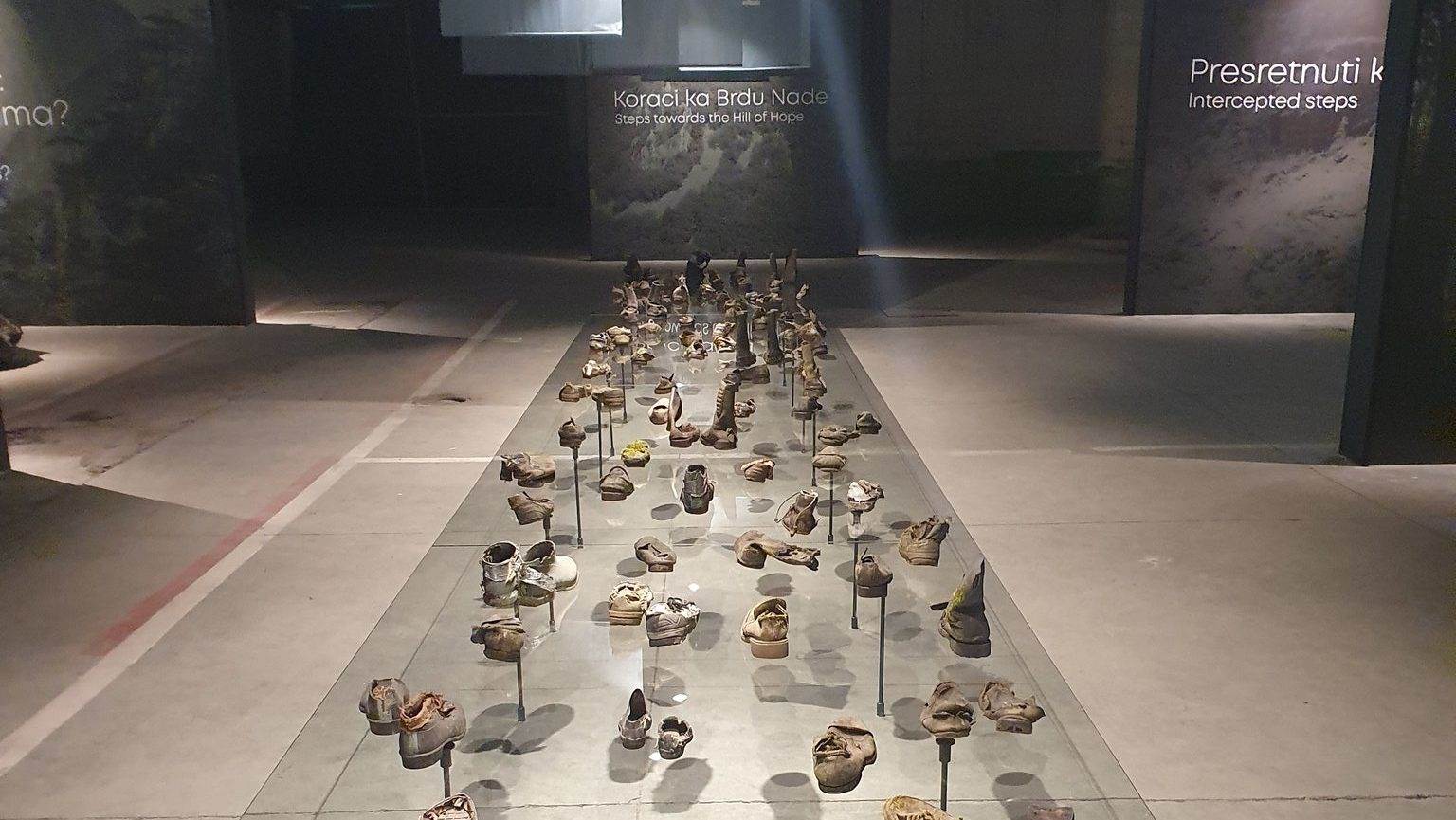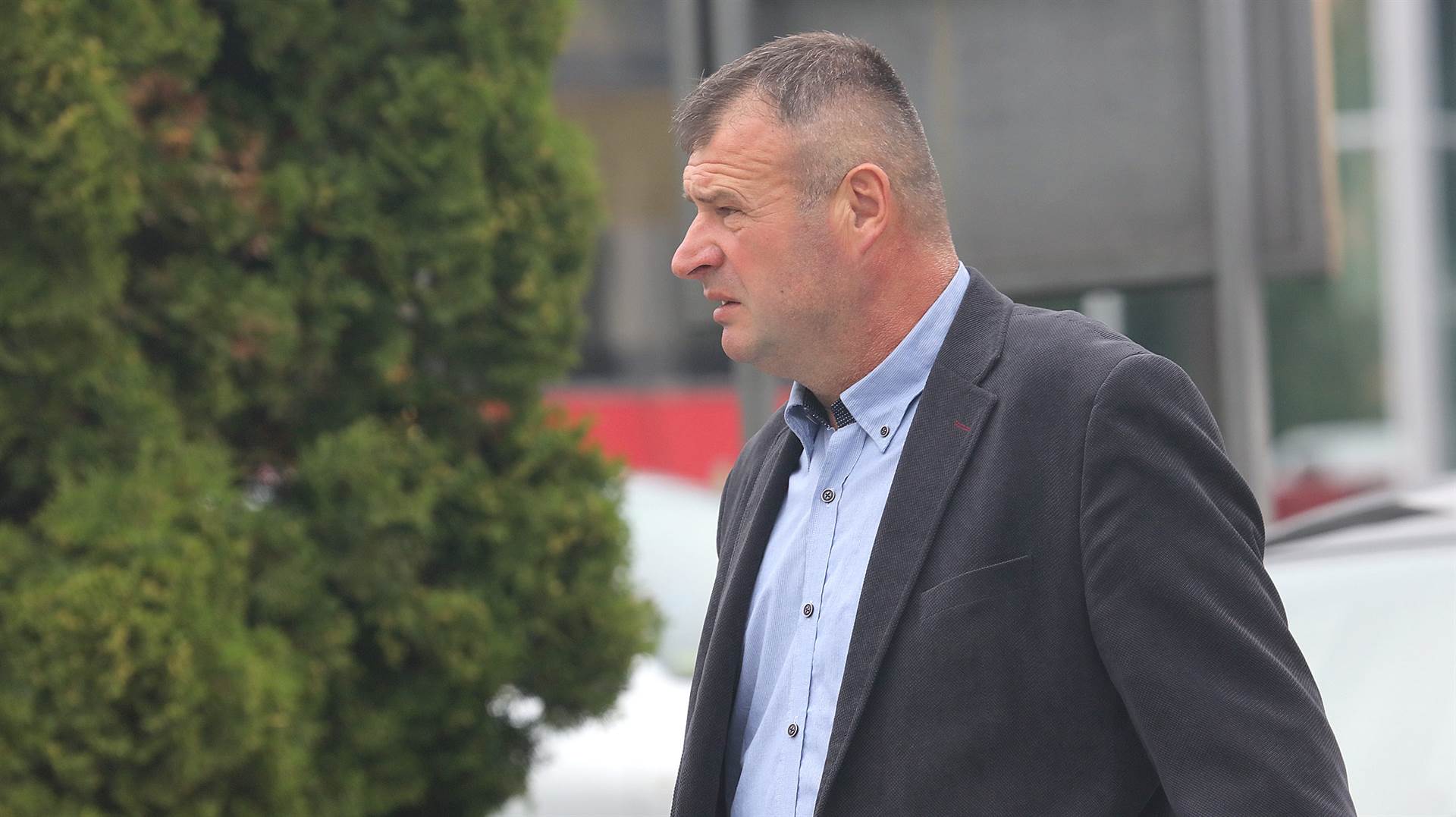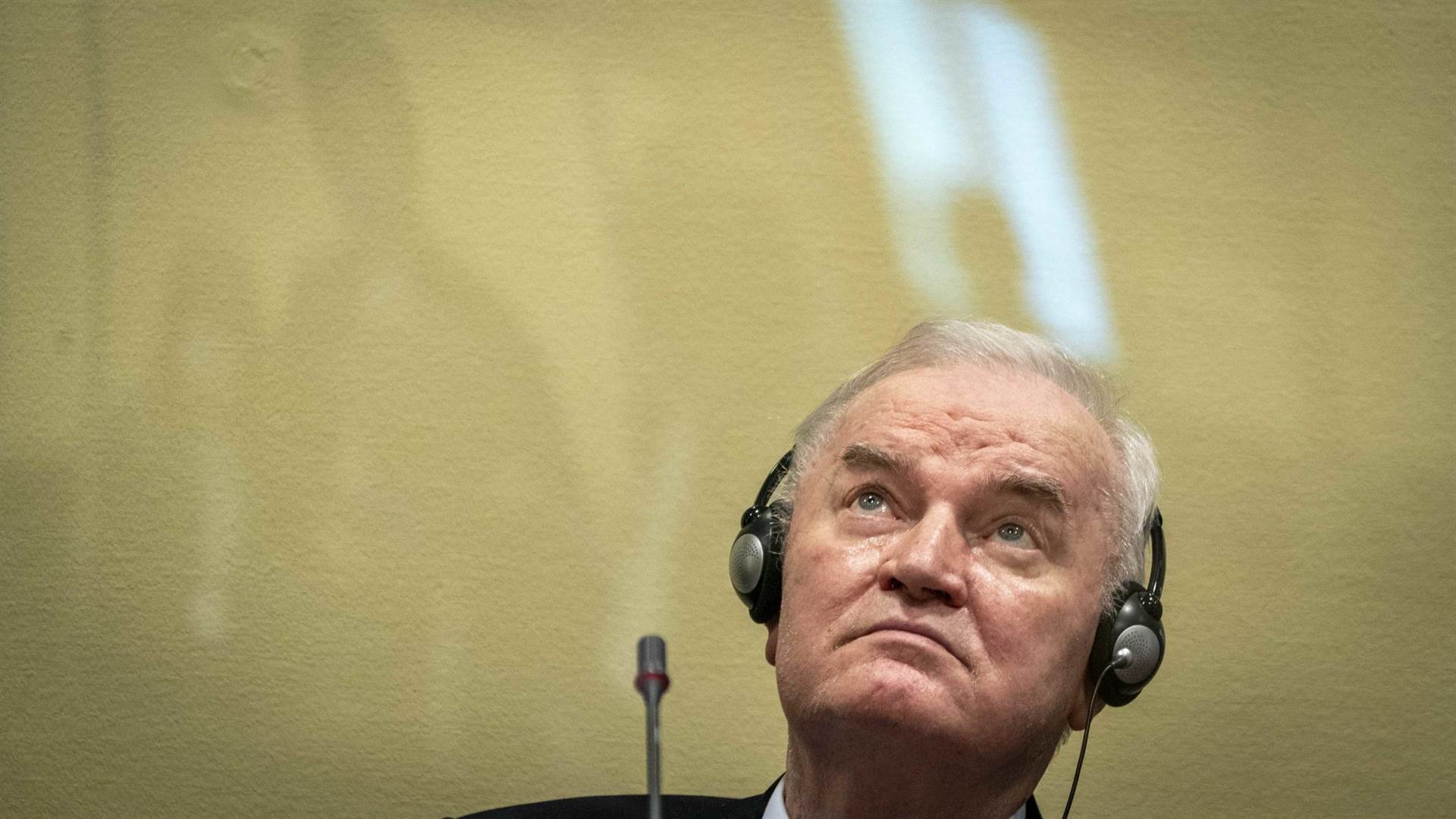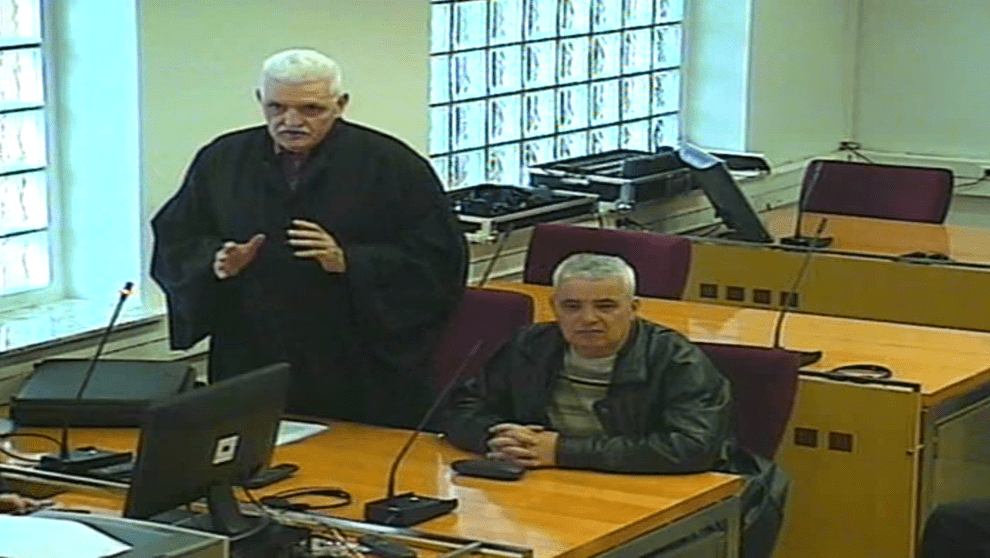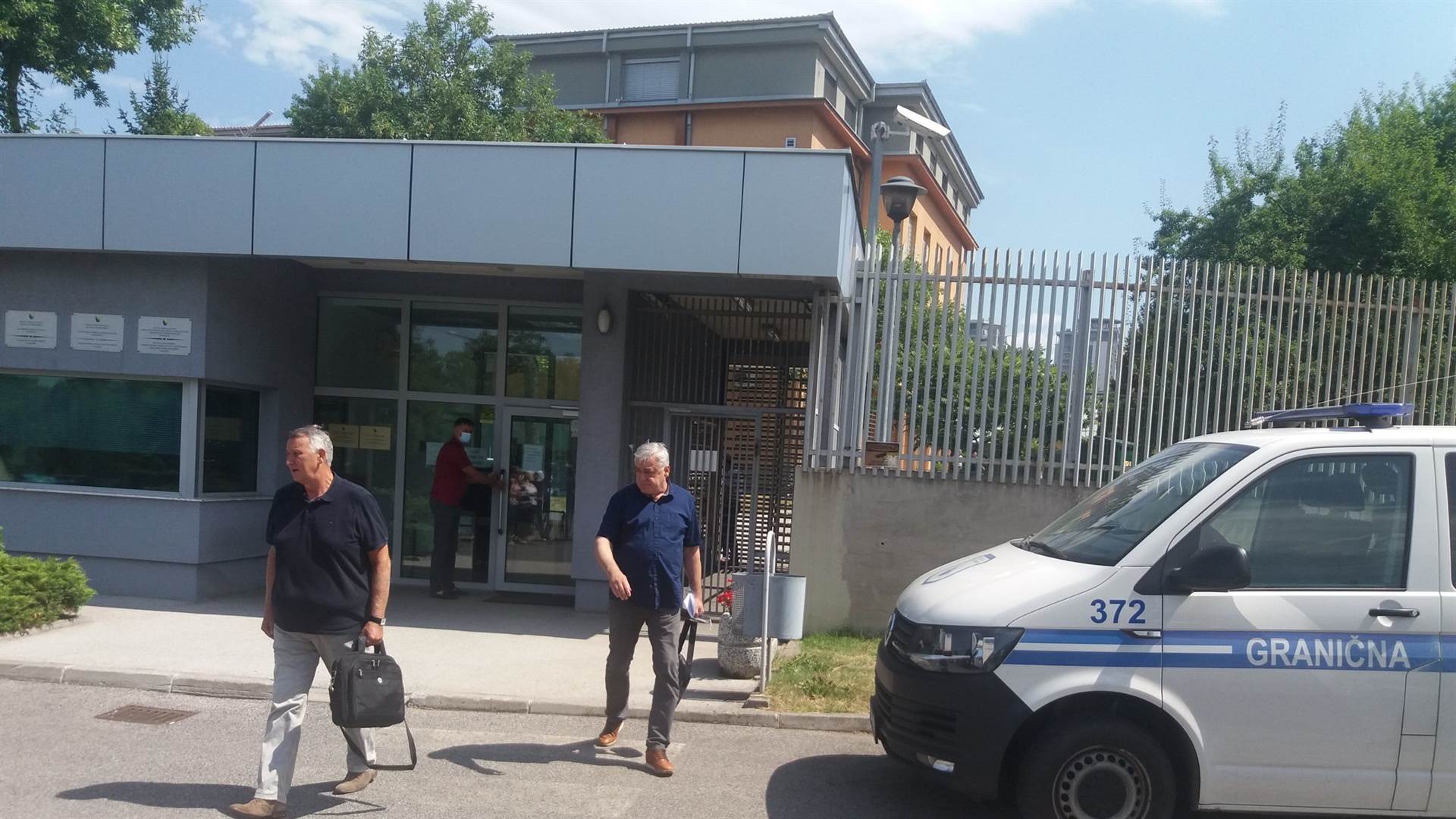Mendeljev Djuric and Petar Mitrovic, who were sentenced for the Srebrenica genocide, were examined before the Court of Bosnia and Herzegovina by way of the international legal assistance as defense...
The Court of Bosnia and Herzegovina acquitted five former police chiefs of charges for the Srebrenica genocide.
In closing arguments at the trial of wartime police chief Dragomir Vasic, the defence argued that he did not know about a plan to forcibly relocate and kill Bosniak men...
A year after the identity of a protected witness in a Srebrenica genocide trial was publicly revealed by media in Bosnia’s Serb-dominated Republika Srpska, putting his safety at risk, the...
The Srebrenica Memorial Centre marked the 18th anniversary of its opening by staging an exhibition of personal items that illustrate the suffering of victims and survivors of the 1995 genocide.
Wartime Bosnian Serb Army battalion commander Srecko Acimovic was convicted of assisting the genocide of Bosniaks from Srebrenica in July 1995 and sentenced to seven years in prison.
As the former Bosnian Serb military chief, who was convicted of genocide and other wartime crimes by the UN court in June, awaits transfer to prison to serve his life...
Wartime Bosnian Serb police reservist and army officer Rade Garic was sentenced to 20 years in prison for persecuting Bosniaks from the Vlasenica and Srebrenica areas in 1992 and 1995...
Former Bosnian Serb officer Milomir Savcic, who is on trial for allegedly assisting the Srebrenica genocide, was remanded in custody for breaking a court order by speaking publicly about new...
A match in the ethnic Bosniak-majority city of Novi Pazar was temporarily halted because visiting fans of Belgrade club Partizan were chanting slogans celebrating the Srebrenica massacres and Bosnian Serb...

